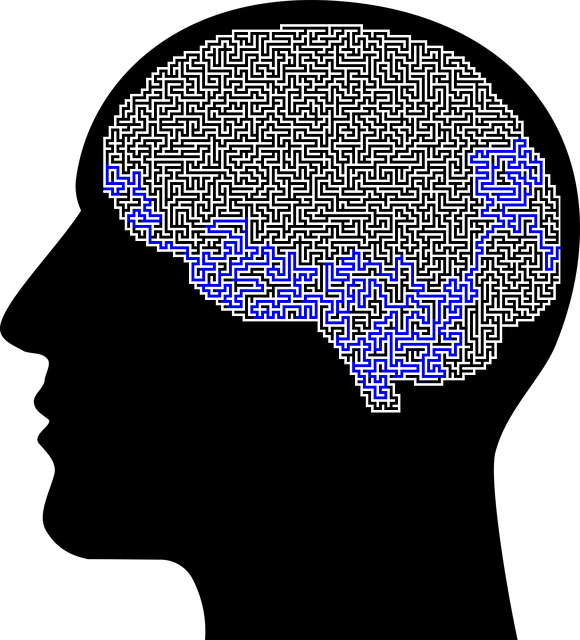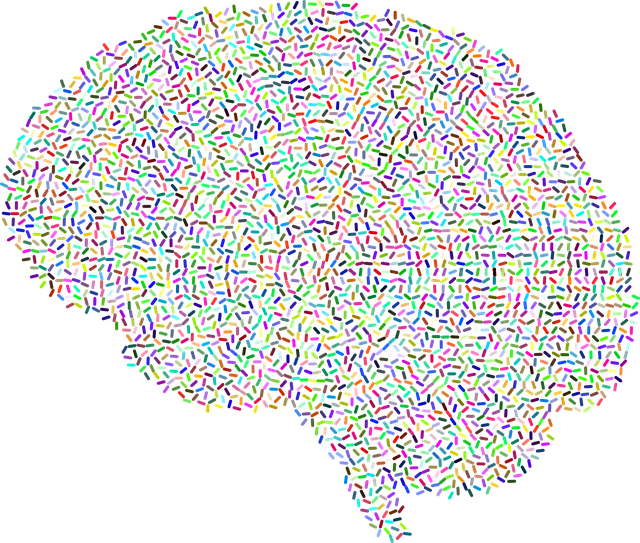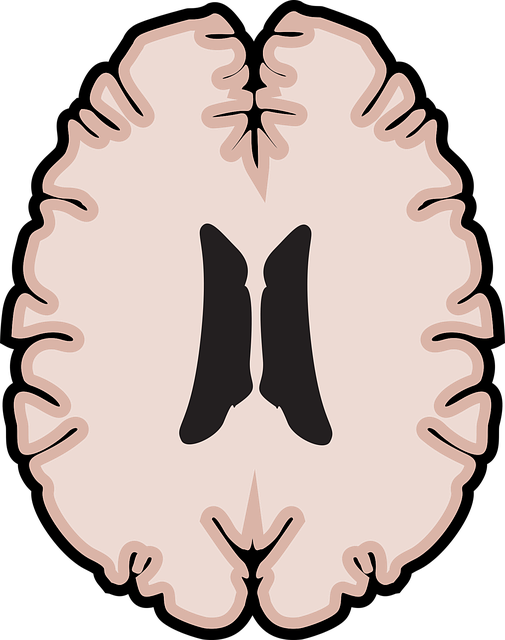Media portrayal of adolescent mental health significantly influences societal understanding and can either promote or hinder support for young people struggling with issues like anxiety and depression. In Colorado Springs, local therapy services combat negative media representations by offering culturally competent, compassionate care through programs focused on emotional regulation and education. By challenging stereotypes, these services empower teens to manage their mental health effectively. To further reduce stigma, media outlets should feature diverse portrayals of mental illness and available support, like Colorado Springs Adolescent and Teen Therapy, while ensuring accessible therapy resources are available for all young people in the community.
In today’s media landscape, accurate representation of mental illness is paramount for fostering understanding and reducing stigma. This article delves into the impact of media portrayal on mental health awareness, specifically examining the current state of adolescent mental illness depictions in Colorado Springs. We explore strategies for positive change, emphasizing enhanced media representation and increased access to therapy for teens and adolescents in Colorado Springs. By promoting accurate portrayals, we aim to empower young individuals seeking support.
- Understanding the Impact of Media Portrayal on Mental Health Awareness
- The Current State: Examining Media Depictions of Adolescent Mental Illness in Colorado Springs
- Strategies for Positive Change: Enhancing Media Representation and Access to Therapy
Understanding the Impact of Media Portrayal on Mental Health Awareness

Media portrayal plays a pivotal role in shaping societal perceptions about mental health, significantly influencing how individuals, especially adolescents and teens, understand and address their own or others’ struggles. The way mental illness is depicted in films, television shows, and news media can either promote awareness and reduce stigma or perpetuate harmful stereotypes. Accurate and empathetic representations can encourage open conversations about mental well-being, fostering a culture of support and understanding. Conversely, negative or inaccurate portrayals may lead to further isolation and fear, hindering individuals from seeking help.
In Colorado Springs, adolescent and teen therapy services have been instrumental in combating these challenges. Healthcare provider cultural competency training, incorporating compassion cultivation practices, has emerged as a game-changer in improving mental health care. By equipping professionals with the skills to navigate diverse cultural backgrounds and experiences, such training ensures that young people receive sensitive and effective support tailored to their unique needs. This proactive approach contributes to Depression Prevention initiatives, empowering individuals to recognize and manage their mental health effectively.
The Current State: Examining Media Depictions of Adolescent Mental Illness in Colorado Springs

In Colorado Springs, media representations of adolescent mental illness often fall short, perpetuating stereotypes and misconceptions. The current narrative tends to focus on extreme scenarios, such as violent outbursts or complete detachment from reality, painting a one-dimensional picture of youth struggling with their mental health. These portrayals rarely showcase the subtler manifestations of common issues like anxiety, depression, or trauma, which can make it harder for affected teens and their families to find relevant support.
The need for more nuanced and accurate media depictions is evident, especially when considering Colorado Springs’s vibrant community of adolescents seeking therapy. Local Adolescent and Teen Therapy services are designed to address a wide range of mental health concerns through tailored programs focusing on emotional regulation, self-awareness exercises, and mental health education. By promoting these proactive approaches, media can play a crucial role in challenging stigma and encouraging open conversations about adolescent mental wellness in Colorado Springs.
Strategies for Positive Change: Enhancing Media Representation and Access to Therapy

Media representation plays a pivotal role in shaping societal perceptions about mental illness, especially among adolescents and teenagers. To foster positive change, it’s crucial to promote accurate and diverse portrayals in entertainment media. This involves encouraging media outlets to include characters with mental health struggles, showcasing their journeys towards recovery, and highlighting the availability of support systems like Colorado Springs Adolescent and Teen Therapy. By doing so, we can reduce stigma, enhance empathy, and inspire help-seeking behaviors among young audiences.
Moreover, enhancing access to therapy is paramount. Implementing strategies such as increasing funding for mental health services, integrating cultural sensitivity in mental healthcare practice, and providing Crisis Intervention Guidance can significantly improve accessibility. These initiatives ensure that adolescents and teenagers in Colorado Springs receive the necessary support tailored to their unique needs, fostering a healthier and more supportive environment for their mental well-being.
Media representation plays a pivotal role in shaping public understanding of mental health, particularly among adolescents. The current state of depiction in Colorado Springs reveals a need for more accurate and nuanced portrayals. By implementing strategies to enhance media representation and increasing access to therapy for Colorado Springs adolescent and teen therapy, we can foster a more supportive and informed community. This collaborative effort will not only challenge negative stereotypes but also encourage open conversations about mental health, ultimately leading to better support systems and improved well-being for our youth.











